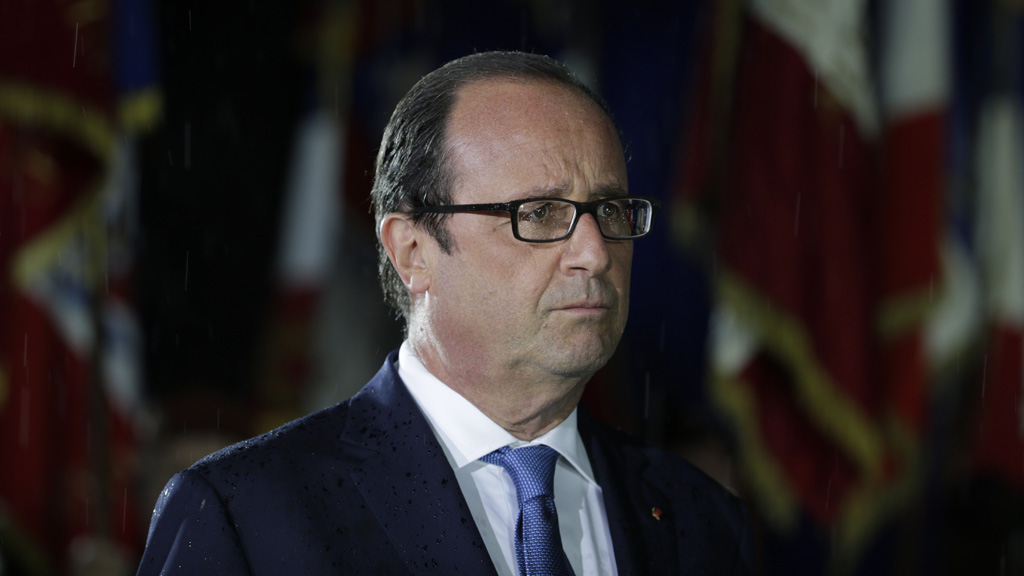France’s political crisis as Hollande names new team
President Hollande names a new cabinet, excluding Socialist dissidents who were demanding an end to the government’s economic austerity policies.

France’s President Hollande and Prime Minister Manuel Valls have unveiled a new cabinet, which makes its debut just a few weeks ahead of tough negotiations at home and with EU peers on a 2015 budget widely seen breaking promises to Brussels over deficit cuts.
The reshuffle is the latest episode in a debate in Europe about how much budgets can be cut to reduce debt while the region’s economies are still recovering from financial crises.
Economy Minister Arnaud Montebourg is replaced by Emmanuel Macron. Najat Vallaud-Belkacem and Fleur Pellerin also join the cabinet. Benoit Hamon and Aurelie Filippetti lose their cabinet posts.
Austerity battles
Mr Valls handed in his government’s resignation on Monday after the president judged the outspoken Mr Montebourg had gone too far by attacking his economic recovery plan and crucial eurozone partner Germany’s “obsession” with austerity.
While Mr Montebourg’s appeals for fiscal loosening aimed at boosting growth have started to gain traction in some quarters outside France, others insist trimming welfare systems and state spending are needed to make economies more competitive.
Video: why France is a 'very stagnant economy'
Mr Hollande, who in January took a more pro-business turn, has based his recovery plan around 50bn euros of spending savings up to the end of his mandate in 2017, while offering companies 40bn euros in tax cuts to help them hire more.
“The president and the prime minister want to get it wrapped up quickly because the government needs to get down to work,” said one source close to President Hollande. That said, forming a government is never easy.”
Budget bill
At stake is the slender majority of Mr Hollande’s Socialists in the lower house of parliament, which is due to examine the budget bill and other reforms – such as a liberalisation of France’s highly regulated service sector – in coming weeks.
If around 40 leftist Socialist deputies feel under-represented by the new cabinet, they could abstain or oppose the forthcoming reforms.
The downside for them is that, given the unpopularity of the ruling majority, they would likely lose their constituencies if a rebellion triggered new elections.